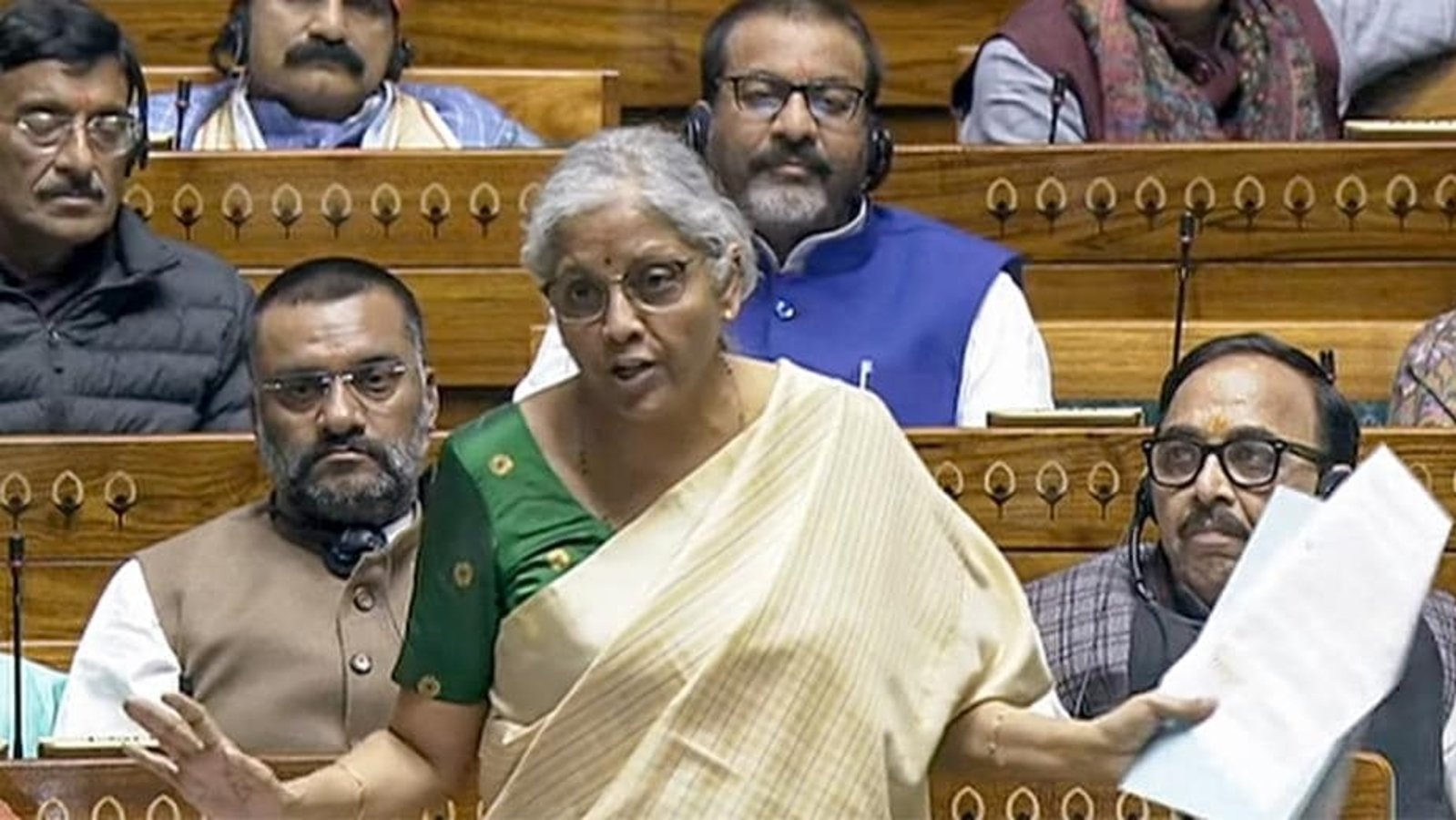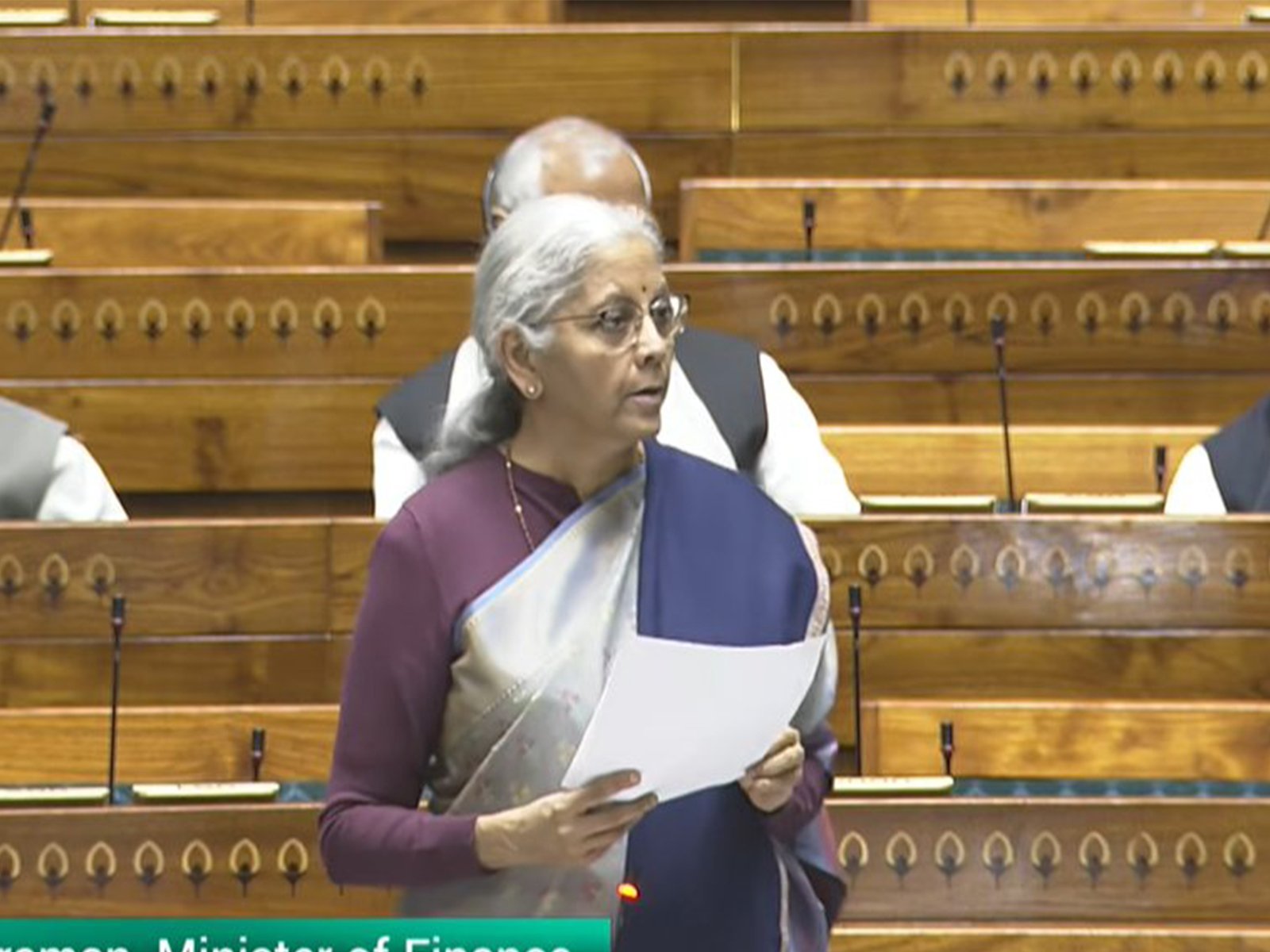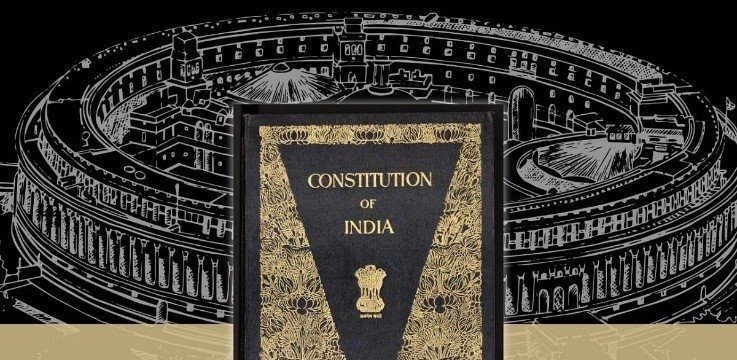Why in the News?
- Urban India produces almost two-thirds of the national GDP, yet municipalities control less than 1% of total tax revenue.
- This imbalance between responsibility and resources has raised concerns about the weak fiscal architecture (system of income and spending) of Indian cities.
- The government and policy think tanks like NITI Aayog are now promoting Municipal Bonds as a new way to fund city infrastructure.
What Are Municipal Bonds?
- Municipal Bonds are debt instruments (loans raised from the public) issued by Urban Local Bodies (ULBs) to fund projects like roads, water supply, sanitation, and housing.
- Types:
- Tax-free bonds: Investors don’t pay income tax on the interest earned.
- Taxable bonds: Interest is taxable as regular income.
- Regulation: Controlled by SEBI (Securities and Exchange Board of India) under the 2015 Municipal Debt Securities Regulations.
- Purpose: To create a market-based source of finance, reducing dependence on state or central grants.
Why Are They Important for the Economy?
| Aspect | Importance |
| Bridging Infrastructure Gap | Helps fund projects like public transport, drainage, and housing without burdening state budgets. |
| Encourages Fiscal Discipline | ULBs improve accounting, transparency, and planning to attract investors. |
| Creates New Investment Options | Investors gain a new, low-risk financial instrument, supporting local development. |
| Boosts Decentralisation | Strengthens the financial independence of city governments. |
How Do Municipal Bonds Work?
- Issuance: A financially sound ULB with a good credit rating (measure of repayment ability) issues bonds to investors.
- Investment: Citizens, banks, and institutions buy these bonds.
- Utilisation: The ULB uses the money for approved urban infrastructure projects.
- Repayment: Investors are paid interest from municipal income or project revenues.
Example: Pune and Ahmedabad have raised funds through such bonds for water and transport projects.
Constitutional Basis of Municipal Finance
| Provision | Description |
| 74th Constitutional Amendment (1992) | Gave municipalities (ULBs) constitutional status as the third tier of governance. |
| Article 243W | Empowers municipalities to perform local government functions. |
| 12th Schedule | Lists 18 local functions (e.g., sanitation, water supply, urban planning). |
| State Finance Commissions (SFCs) | Recommend how state governments should share revenue with municipalities. |
Key Committees and Schemes
| Committee / Scheme | Main Focus / Recommendation |
| Rangarajan Committee on Fiscal Decentralisation | Suggested more financial powers and accountability for ULBs. |
| Kelkar Committee on Municipal Bond Market Development | Advised on improving credit ratings and developing bond markets. |
| Smart Cities Mission & AMRUT | Encouraged ULBs to use bonds for infrastructure funding. |
| Swachh Bharat Mission (Urban) | Linked to municipal capacity for waste and sanitation services. |
What are the flaws in fiscal architecture of municipalities and what is the way ahead?
| Challenges | Reforms and Way Forward |
| Centralisation of Tax Powers: Cities have very limited power to collect taxes independently. | Democratise Fiscal Federalism (share powers more equally): Treat grants and shared taxes as a rightful part of municipal income rather than “aid”. |
| Revenue Loss after GST: Local taxes like octroi and entry tax (around 19% of municipal revenue) were merged into GST, reducing city revenues. | Leverage GST System: Allow cities to use a part of their GST compensation or State share as collateral (security) for raising funds through bonds. |
| Unpredictable Transfers: State and Central grants are often irregular and based on discretion (political choice), making fiscal planning difficult. | Institutionalise Transfers: Make intergovernmental transfers formula-based, predictable, and untied (not linked to specific schemes). |
| Credibility Crisis in Municipal Bonds: Despite policy push from NITI Aayog and reform-linked grants, investor confidence is low. | Strengthen Credibility Framework: Recognise grants and shared taxes as legitimate, regular income while assessing city creditworthiness. |
| Narrow Creditworthiness Assessment: Cities are rated mainly on their own revenue (property tax, user charges, fees), while regular transfers from higher governments are ignored. | Revise Credit Rating System: Include governance factors like transparency, audit compliance, financial disclosure, and citizen participation, not just revenue figures. |
| Ideological Bias (Treating Grants as Charity): RBI and credit agencies often call grants “non-recurring income”, creating the false idea that cities survive on charity. | Fiscal Justice Principle: Acknowledge that intergovernmental grants are constitutional entitlements, not favours. Cities are equal partners in governance, as envisioned by the 74th Amendment. |
| Over-Reliance on Property Tax and User Charges: Property tax contributes only 20–25% of total revenue, and user-fee based models burden poor residents. | Reform Revenue Model: Strengthen property tax systems but avoid over-dependence on user charges. Ensure equity: Basic services like water, sanitation, lighting are public rights, not market goods. |
| Weak Institutional Capacity: Many ULBs lack trained staff, proper accounts, and digital systems. | Capacity Building: Train municipal personnel, improve financial management, and promote digital tools and participatory budgeting (citizen involvement in planning). |
| Fragmented Accountability: Cities are responsible for key services (housing, sanitation, climate resilience) but lack resources to deliver effectively. | Learn from Scandinavian Model: Countries like Denmark, Sweden, and Norway allow cities to levy local income taxes and ensure cooperative transfers, creating transparent and self-sufficient city finances. |
| Ideological Overemphasis on “Self-Reliance” (World Bank/Asian Development Bank Approach): Promoting only “own-revenue” focus undermines redistributive justice. | Reimagine Fiscal Contract: Build a shared fiscal ecosystem where municipal finance combines its own revenues with constitutionally mandated transfers. |
Conclusion
Municipal Bonds can be a powerful tool for building urban infrastructure, but they will succeed only if cities have stable and predictable finances. India must move towards true fiscal federalism, where local bodies are treated as equal partners, not dependents. Urban finance is not just about money, it is about democracy, accountability, and fairness. Cities are not cost centres; they are engines of national growth and deserve a fair share of resources to shape India’s urban future.
| Ensure IAS Mains Question Q. The fiscal architecture of Indian municipalities reflects a mismatch between responsibilities and resources. In this context, evaluate the role of Municipal Bonds in strengthening urban finances and discuss the reforms needed to make them a credible instrument of local development. (250 words) |
| Ensure IAS Prelims Question Q. Consider the following statements regarding Municipal Bonds in India: 1. Municipal Bonds are regulated by the Reserve Bank of India (RBI) under the 2015 Municipal Debt Securities Regulations. 2. Grants and tax transfers from higher governments are treated as legitimate income while assessing a city’s creditworthiness for issuing bonds. 3. The 74th Constitutional Amendment Act provides the legal basis for municipalities to function as institutions of self-government and raise funds through instruments like bonds. How many of the statements given above is / are correct? a) Only one b) Only two c) All three d) None Answer: a) Only one Explanation: Statement 1 is incorrect: Municipal Bonds are regulated by SEBI (Securities and Exchange Board of India), not the RBI, under the SEBI (Issue and Listing of Municipal Debt Securities) Regulations, 2015. Statement 2 is incorrect: In practice, grants and transfers are often excluded from creditworthiness assessments, even though experts argue they should be recognised as legitimate municipal income. Statement 3 is correct: The 74th Constitutional Amendment (1992) gave constitutional status to Urban Local Bodies and empowered them to function as institutions of self-government, forming the legal base for raising finances, including through bonds. |
Also Read | |
| UPSC Foundation Course | UPSC Daily Current Affairs |
| UPSC Monthly Magazine | CSAT Foundation Course |
| Free MCQs for UPSC Prelims | UPSC Test Series |
| ENSURE IAS NOTES | Our Booklist |





